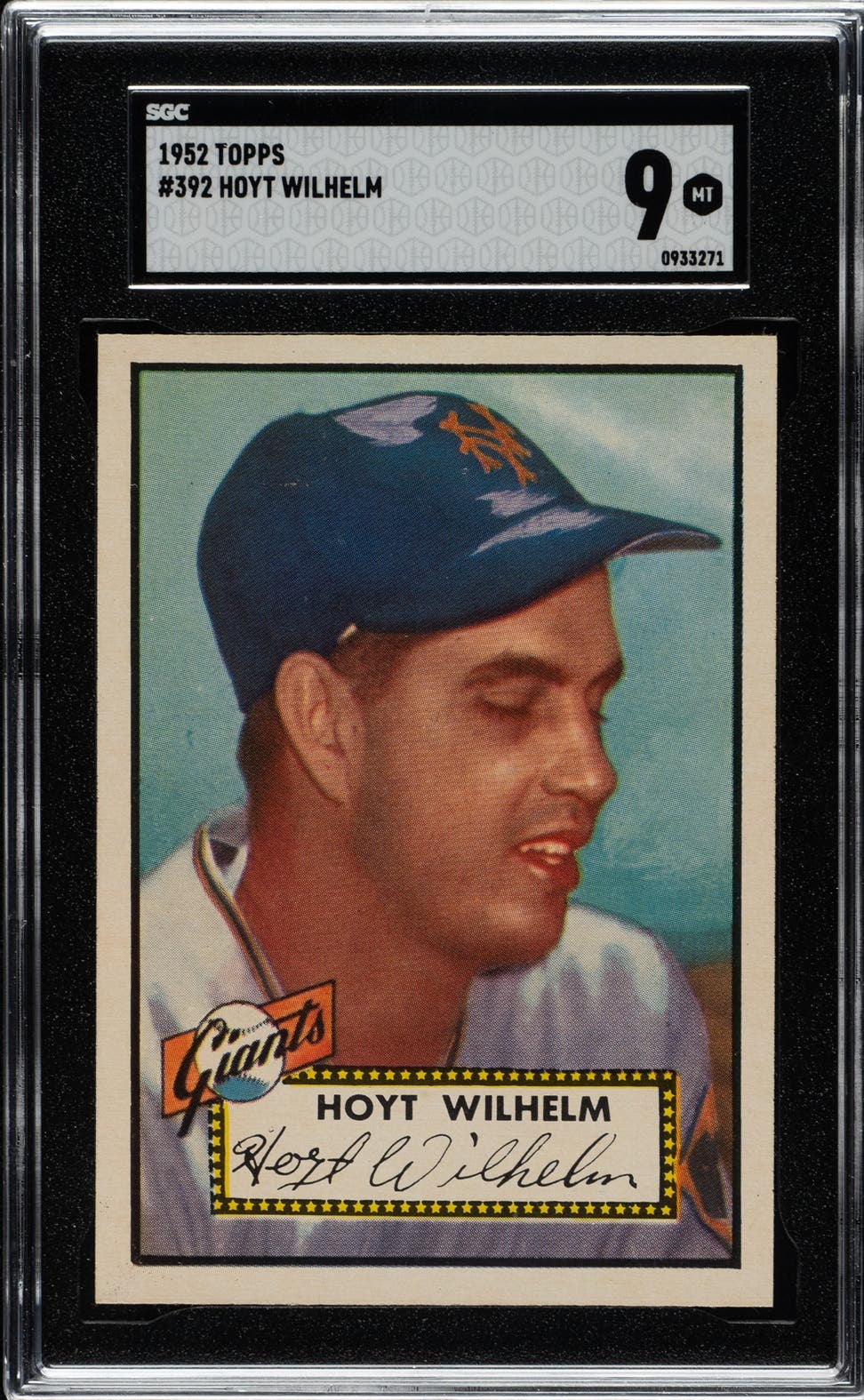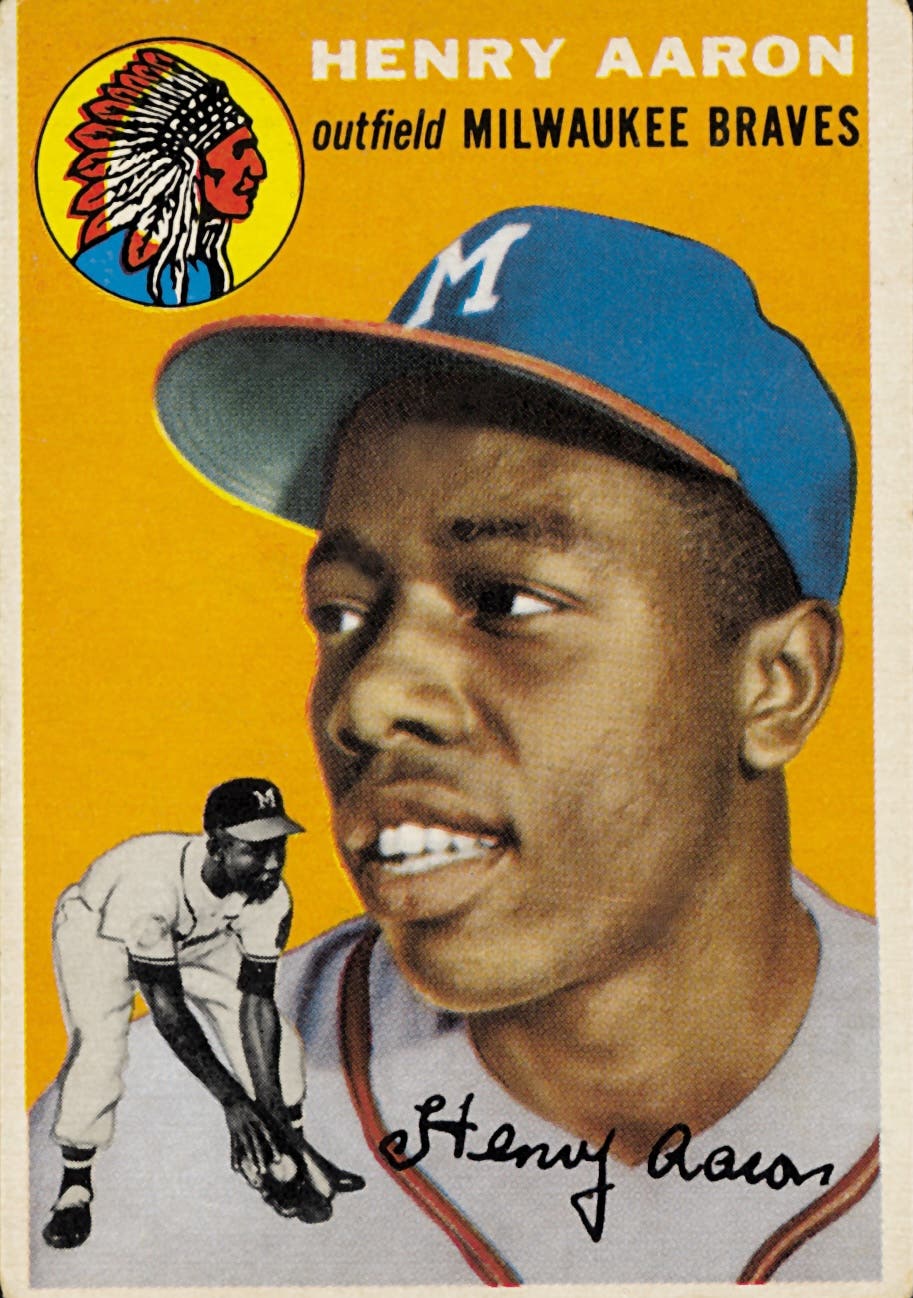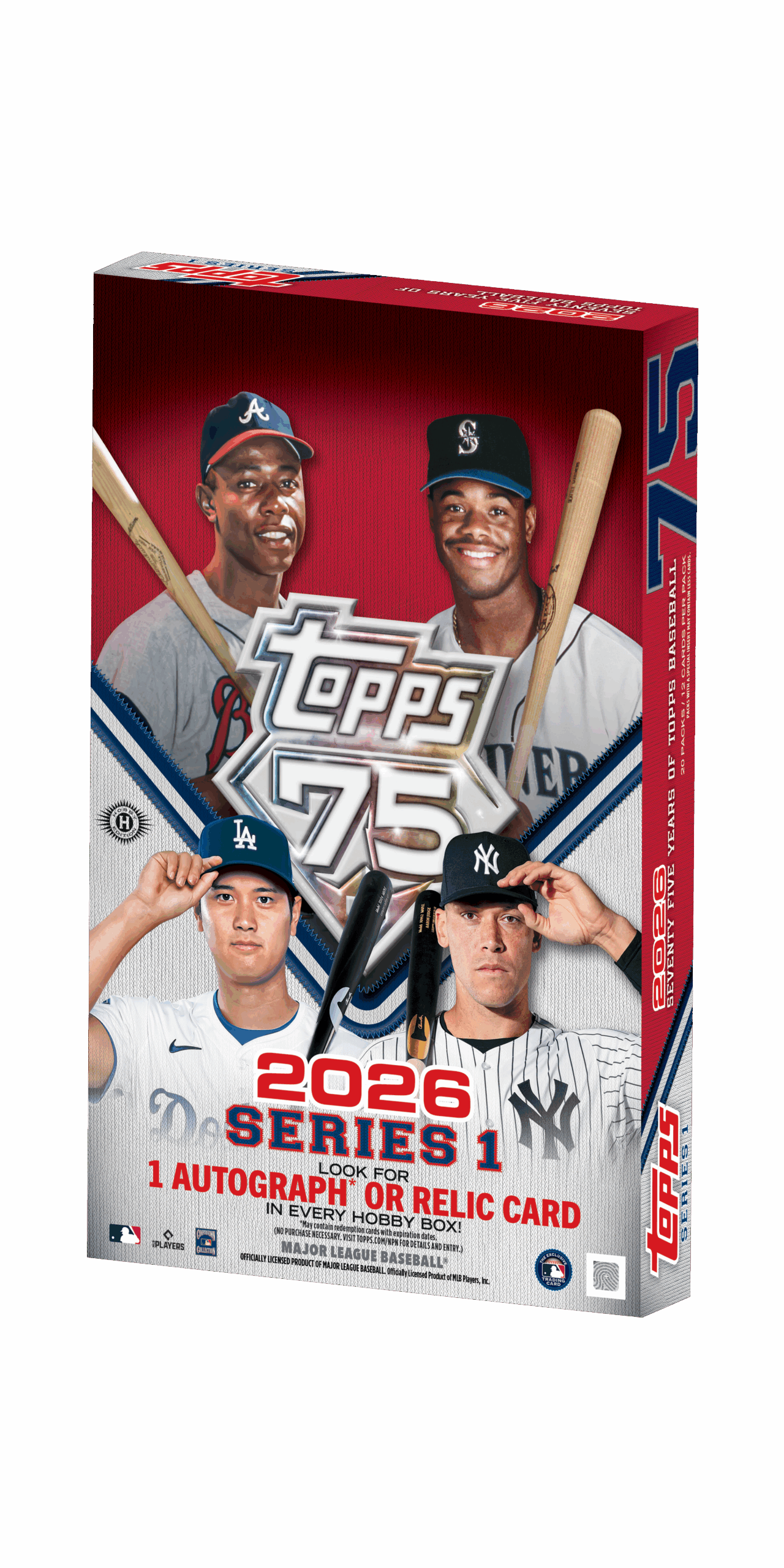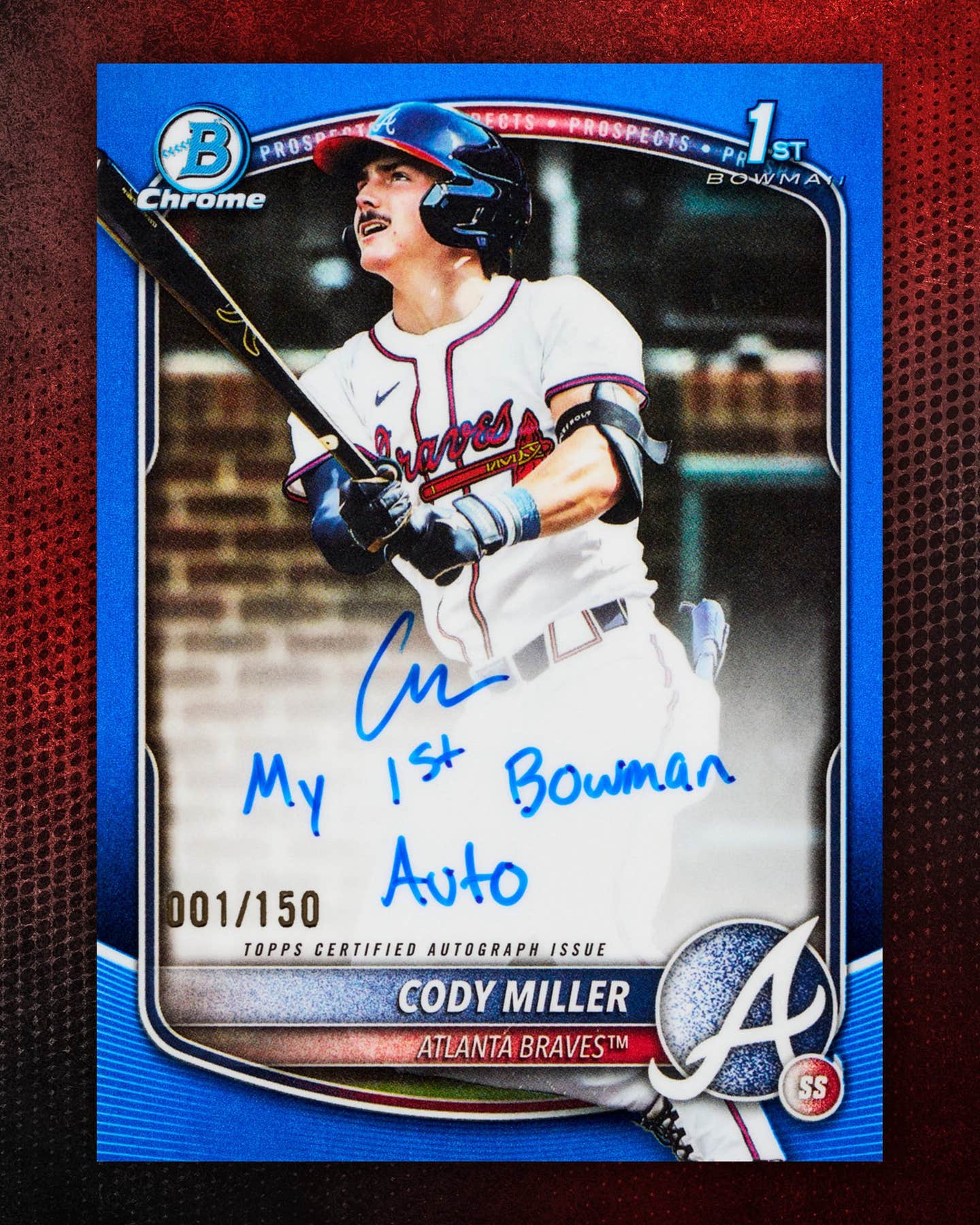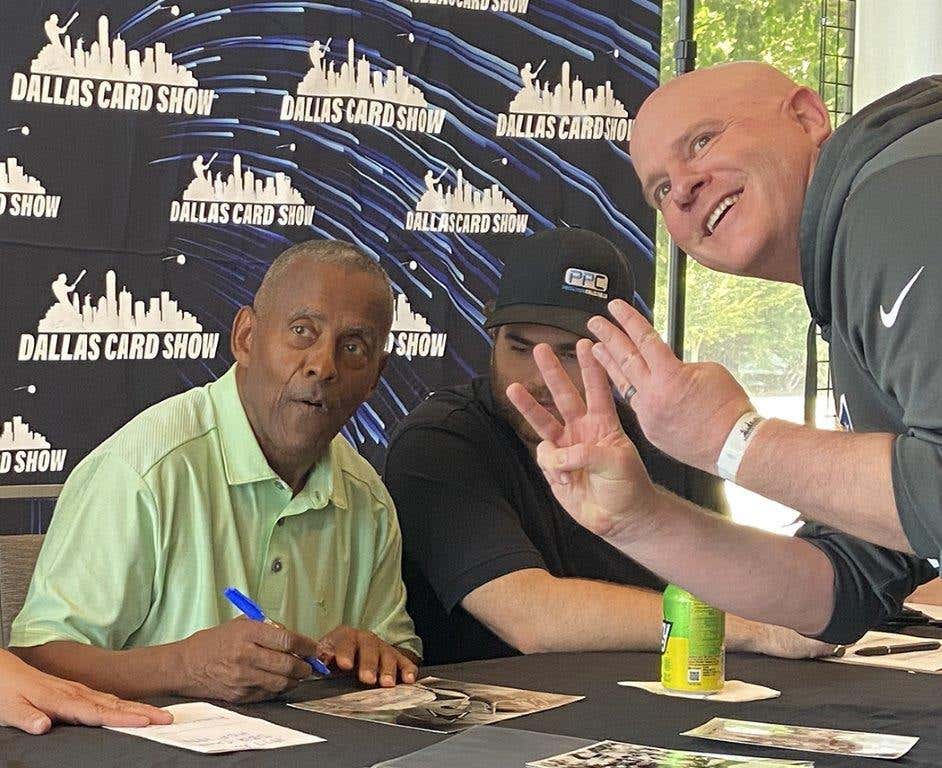News
Meet Japan’s First Major Leaguer: Mashi!
By Rob Fitts
Masanori Murakami was an unlikely candidate to become the first Japanese major leaguer.
In early 1964, Murakami was a 19-year-old minor league prospect in the Nankai Hawks organization unlikely to crack the team’s pitching-rich big league roster. To give him more experience, the Hawks reached an agreement with the San Francisco Giants for Murakami and two other prospects to spend the season in the Giants’ farm system.
The hastily prepared agreement was just over a page long and written entirely in English. Among the details were two salient points: to be eligible to play in organized baseball, the Hawks would first have to legally release their players, and the Giants could purchase these players’ contracts for $10,000 apiece at the close of the ’64 season. Without paying much attention to the details and without having it translated into Japanese, the Hawks signed.
The Giants assigned Masanori to their Class A California League team in Fresno. Impressed with Murakami’s control and maturity, manager Bill Werle began using him in the role now known as a closer. Telling the press, “Murakami has all the assets to become a major league relief pitcher if he continues to develop. He has great control, ice in his veins, brains between his ears and he’s a low-ball pitcher.”
Murakami excelled in his new role as a relief specialist, posting a 1.78 ERA, and 159 strikeouts in 106 innings. In need of a left-handed reliever for the pennant drive, the Giants called Mashi up to the big leagues.
During the next month, Mashi became the Giants top lefty reliever, posting a 1.80 ERA and 15 strikeouts in 15 innings, as well as becoming one of the team’s most popular players. Naturally, the Giants wanted to keep him for the 1965 season. Evoking the buyout clause in the agreement with the Hawks, the Giants sent Nankai a check for $10,000 and signed Mashi for the next season.
To the Giants surprise, the Hawks refused to acknowledge San Francisco’s right to purchase Murakami’s contract. Nankai argued that both teams had understood that Mashi was being loaned and that the Giants were taking advantage of a legal technicality.
The dispute headlined newspapers all winter with more subplots and twists than an episode of Game of Thrones. But in the end, they agreed to compromise. Mashi would play in San Francisco for the 1965 season and then would be allowed to choose where he would finish his career.
Although Mashi was not as dominant as he had been the previous year, he remained popular with his teammates, the media and fans. His failures were quickly passed over while his better performances became headlines. To honor their popular player, the Giants named Aug. 15 – the anniversary of Japan’s defeat in World War II – Masanori Murakami Day. Prior to his first and only major league start, speakers praised Mashi’s role in bringing the U.S. and Japan closer together, presenting Masanori with a new car.
Not always so smooth
Despite Murakami’s popularity, there were a few anti-Japanese incidents. There was an unpleasant minor league teammate, the media’s constant jabs at his poor English and a death threat.
In mid-June, Giants manager Herman Franks received a two-page anonymous letter, written in pencil. The author ranted that Murakami should not be allowed to play “America’s national game” as he probably had relatives who “fought against and killed Americans during World War II.” If Franks continued to let Murakami pitch, the author promised, “You won’t know where or when I’ll shoot you, but I will.”
Although the perpetrator was never identified, FBI agents watched over Franks and the blissfully unaware Murakami for the next few weeks.
“Had I known about the letter, I probably wouldn’t have been able to concentrate on my pitching,” recalls Murakami. “The manager’s courage was amazing – he behaved so normally that I had no idea. I believed that I was welcomed not only by the Japanese Americans in San Francisco and Los Angeles, but also by all other Americans.”
In the final month of the season, Murakami was superb out of the bullpen, as the Giants temporarily moved in first place. From Aug. 19 until Sept. 20, Mashi entered 14 games, posting a 0.82 ERA, and a 0.91 WHIP. Naturally, the Giants wanted him back for the ’66 season.
Although Masanori wished to remain in San Francisco, obligations to his manager on the Nankai Hawks and his parents required him to return to Japan. On Dec. 14, 1965, he signed with the Hawks and left the major leagues behind.
As Japan’s only major leaguer, the fans, media and teammates expected Murakami to dominate Japanese opponents as the team’s No. 1 starter. But fate had different plans. Plagued with a sore arm, he performed poorly. Whereas the American press had overlooked his poor outings, the Japanese media pounced on him. Fans became increasingly hostile. The abuse became so bad his teammates began avoiding him. According to one reporter, “Mashi eats by himself and is often the last player to leave the field, the locker room, the hotel lobby.”
Murakami persevered. After two years in the mop-up role, Mashi emerged as the team’s ace in 1968 before re-injuring his arm the following season. He would remain in Japanese pro ball until 1982, winning 103 games, saving another 30 and posting a respectable 3.64 ERA.
Collectibles
As Mashi had a brief major league career, there are few collectibles from his playing days. The most accessible is his 1965 Topps #282 rookie card, followed by the O-Pee-Chee issue of the same card.
Strangely, there are also only a handful of cards dating to his Japanese career. The most sought after comes from the renown 1967 Kabaya Leaf set. As his Japanese rookie card, its one of the keys to the set with a $300 book value. Other contemporary Japanese issues include the 1981 and ’82 Takara Game cards and the American-produced 1979 TCMA History Series: The Fifties. (TCMA also included Mashi in their 1978: The 1960s set).
The majority of Murakami collectibles were created after he retired. In 2002, Topps produced the eight-card East Meets West insert set, which depicted Mashi on each card along with one of the eight Japanese players then in the majors. A year later, the Stadium Club set included a card signed by both Murakami and Kazuhisa Ishii in its Co-Signers inserts.
The Japanese have produced more than a dozen cards of Mashi, beginning with BBM’s 1993 four-card tribute showing Murakami with each of his four pro teams (Giants, Nankai Hawks, Hanshin Tigers and Nippon Ham Fighters). He is also included in several sets focusing on the history of the Hawks.
For memorabilia collectors, the San Francisco Giants gave away a Mashi bobblehead and sake box.
Just last season, to honor the 50th anniversary of his major league debut, the Giants gave away a Mashi statue.
Upcoming tour
Murakami lives in Japan and rarely makes autograph appearances. But this summer, he will be in the U.S. for an eight-city tour to publicize the publication of his English-language biography – penned by yours truly – called Mashi: The Unfulfilled Baseball Dreams of Masanori Murakami, the First Japanese Major Leaguer. You can meet Mashi, listen to his stories about his time in the big leagues and pick up a rare autograph (a small fee will be charged for signing items other than the biography).
2015 Tour Schedule
The Masanori Murakami book tour will take place in the following cities:
June 27, Chicago, SABR National Convention, Palmer House Hotel
June 29, Boston, Japan Society & SABR, Royal Rooters Club at Fenway Park
June 30, Manhattan, Barnes & Noble, 86th St.
July 1, Manhattan, Bergino Baseball Clubhouse
July 3, Rhinebeck, N.Y., Oblong Books
July 4, Cooperstown N.Y., National Baseball Hall of Fame
July 6, Los Angeles, Japan America Society of Southern California
July 7, Whittier, Calif., Whittier College
July 8, Fresno, Fresno Buddhist Temple
July 9, San Francisco, San Francisco Public Library
July 10, San Francisco, Kinokuniya
July 11, San Jose, San Jose Public Library
July 11, San Jose, Nikkei Traditions.
For more information, visit www.robfitts.com/mashi.
Rob Fitts is a freelance contributor to SCD. He can be reached at robfitts@optimum.net.




